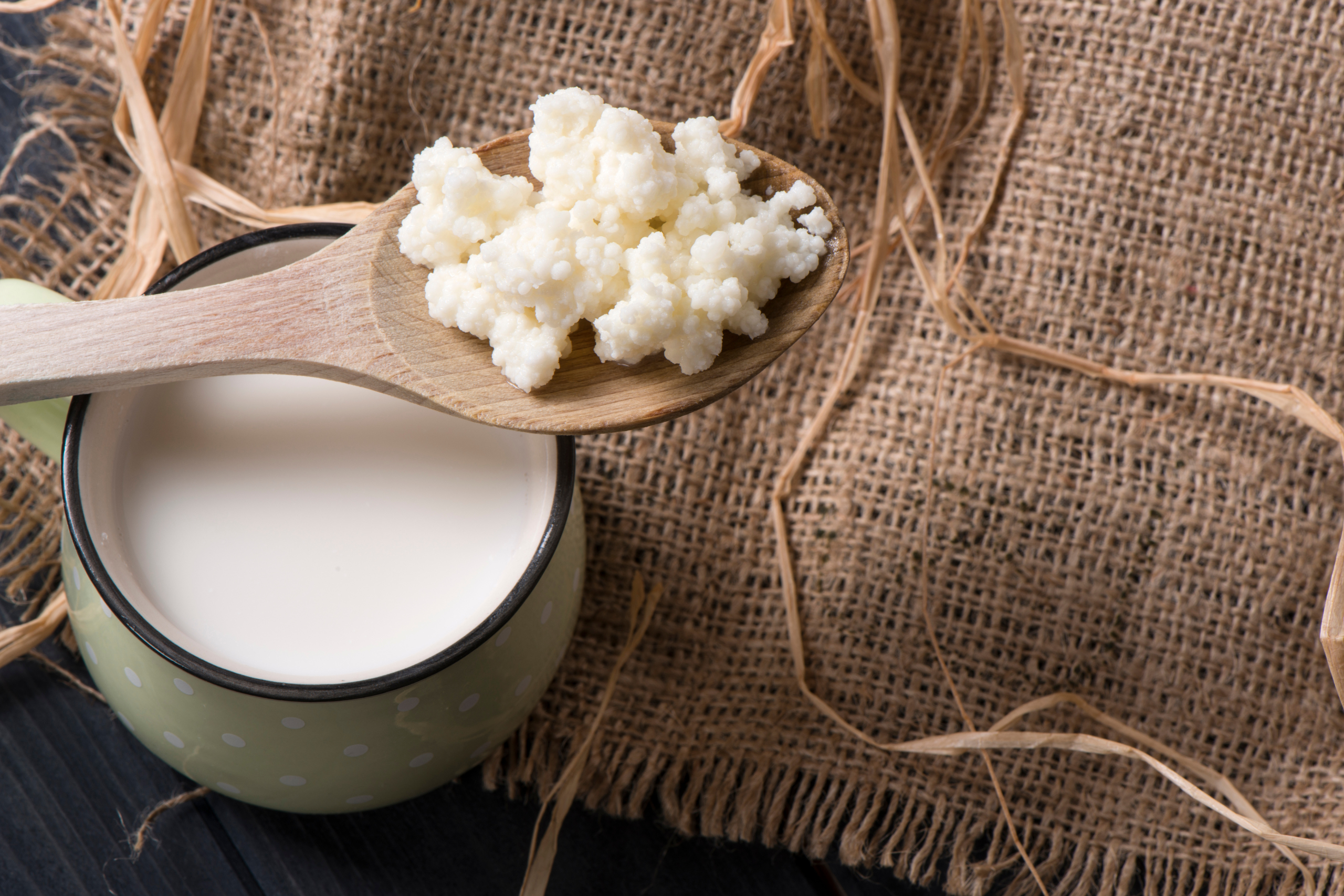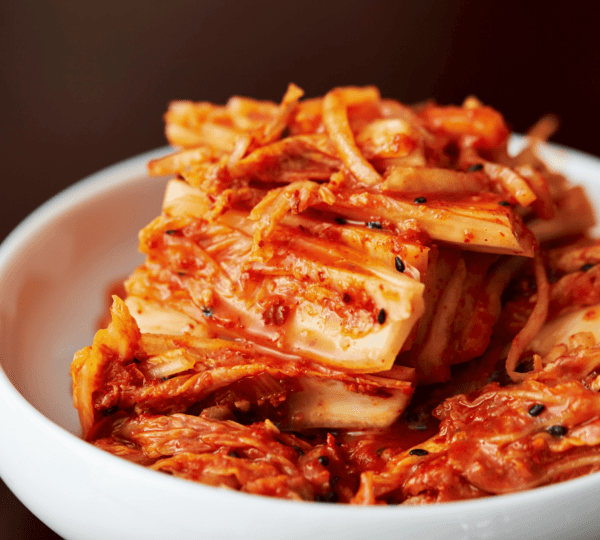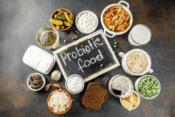
The Benefits of Fermented Foods and How to Add Them to Your Diet
In the 18th century, British sailors faced a serious problem—scurvy, a disease caused by vitamin C deficiency. Long sea voyages meant fresh produce was scarce, leading to illness and even death. That was until Captain James Cook began stocking his ships with sauerkraut, a fermented cabbage rich in nutrients. To everyone’s surprise, sailors who regularly ate it stayed healthier, avoiding the fate that had claimed so many before them. This discovery changed maritime history and reinforced the idea that food could be a powerful tool for health.
Centuries later, science has only strengthened this connection. Fermented foods like sauerkraut, kimchi, yogurt, and kefir are now recognized for their probiotic benefits, supporting gut health, digestion, and even immunity. If sailors could thrive on them during months at sea, imagine what they can do for your everyday well-being.
Fermented foods are more than just old-world culinary traditions; they are nutritional powerhouses that offer a range of benefits for gut health, immunity, and overall well-being. Let’s explore how they can transform your health and how to add them to your diet.
What Are Fermented Foods?
Fermented foods are foods and beverages produced through controlled microbial growth and the conversion of food components via enzymatic action. Essentially, beneficial bacteria, yeast, and sometimes molds break down sugars and starches in food, creating probiotic-rich, flavorful, and often tangy products.
Common examples include:
- Dairy-based: Yogurt, kefir, cheese
- Vegetable-based: Sauerkraut, kimchi, pickles
- Soy-based: Tempeh, miso, natto
- Beverages: Kombucha, kvass
- Grains & Legumes: Sourdough bread, dosa, fermented bean paste
These foods have been staples in many cultures for thousands of years, from Korean kimchi to German sauerkraut and Japanese miso. But beyond their rich flavors, their biggest claim to fame is their role in gut health and overall well-being.
The Science-Backed Benefits of Fermented Foods
1. Improves Gut Health and Digestion
One of the biggest reasons fermented foods have gained popularity is their probiotic content. Probiotics are beneficial bacteria that help balance the gut microbiome. A diverse gut microbiome is linked to better digestion, reduced bloating, and improved nutrient absorption.
Fun Fact: The human gut contains over 100 trillion bacteria—outnumbering our own cells!
Foods like yogurt, kefir, and sauerkraut introduce good bacteria into the digestive system, reducing issues like irritable bowel syndrome (IBS), constipation, and bloating.
2. Supports Immune Function
Did you know that 70% of your immune system resides in your gut? A healthy gut microbiome plays a crucial role in immune defense, helping fight infections and inflammation.
A 2021 study in Frontiers in Immunology found that probiotics in fermented foods enhance the production of antibodies and immune cells, improving the body’s response to pathogens.
3. Enhances Nutrient Absorption
Fermentation breaks down food compounds, making nutrients more bioavailable. For instance, fermented dairy reduces lactose content, making it easier to digest for people with lactose intolerance.
Additionally, foods like tempeh and miso have higher levels of B vitamins, folate, and amino acids after fermentation. This means you get more nutritional value with every bite.
4. May Help with Weight Management
Fermented foods can aid in appetite regulation and metabolism. Research suggests that probiotics influence hormones like ghrelin and leptin, which control hunger and fat storage.
Studies on fermented dairy show a link between regular consumption and reduced belly fat, possibly due to improved gut bacteria composition.
5. Supports Mental Health
The gut-brain connection is a fascinating area of research. Scientists now believe that gut bacteria influence mood, stress levels, and even cognitive function.
A 2020 study in Molecular Psychiatry found that individuals who consumed probiotic-rich foods experienced lower levels of anxiety and depression. This is because probiotics help produce neurotransmitters like serotonin, the hormone responsible for happiness.
Fun Fact: Your gut is often called your “second brain” because it produces 90% of the body’s serotonin!
6. Promotes Heart Health
Certain fermented foods, like natto and kimchi, contain heart-healthy compounds that help reduce cholesterol and blood pressure.
A 2017 review in The Journal of Nutrition found that fermented soy products lower LDL (“bad”) cholesterol and increase HDL (“good”) cholesterol. Additionally, kefir has been linked to lower blood pressure in hypertensive individuals.
How to Add Fermented Foods to Your Diet
Adding fermented foods to your diet doesn’t have to be complicated. Research from Harvard Health Publishing suggests that regularly consuming fermented foods can improve digestion, strengthen immunity, and even reduce inflammation. Nutritionists featured in Healthline and WebMD emphasize that incorporating these foods into everyday meals is easier than many think. Here are some simple and practical tips:
- Start small: If you’re new to fermented foods, introduce them gradually to avoid digestive discomfort. The Cleveland Clinic recommends starting with a few spoonfuls of sauerkraut or a small serving of yogurt before increasing intake.
- Eat with meals: Add sauerkraut or kimchi to sandwiches, rice bowls, or salads to enhance flavor and gut health.
- Drink probiotics: Swap soda or juice for probiotic-rich drinks like kombucha or kefir, which studies published in the American Journal of Clinical Nutrition suggest may support gut microbiota balance.
- Use fermented condiments: Nutritionists in Eat This, Not That! recommend swapping regular soy sauce for tamari or adding miso paste to soups and marinades for an umami kick.
- Make your own: Homemade yogurt, pickles, or sourdough bread are fun DIY options that let you control ingredients and avoid unnecessary additives.
- Pair them wisely: Gut health experts, including those at Johns Hopkins Medicine, suggest eating fermented foods with fiber-rich meals to help good gut bacteria thrive.
Are There Any Risks?
While fermented foods are generally safe, experts from Mayo Clinic and Medical News Today highlight a few considerations:
- High sodium content – Some fermented foods, like kimchi and pickles, contain high amounts of salt. If you have hypertension, the American Heart Association advises monitoring your intake to stay within healthy sodium limits.
- Sugar in some products – Store-bought kombucha and yogurt can contain added sugars. Dietitians from Harvard T.H. Chan School of Public Health recommend choosing low-sugar or unsweetened versions.
- Histamine sensitivity – Some people may experience headaches, bloating, or skin reactions from histamine-rich foods like aged cheeses, sauerkraut, and vinegar-based pickles, according to studies in the Journal of Allergy and Clinical Immunology.
If you have a sensitive stomach or a medical condition, it’s always best to consult a doctor before making significant dietary changes.
Conclusion: Embrace the Power of Fermented Foods
From supporting digestion and immunity to improving mental health and heart function, fermented foods offer an incredible range of benefits. Whether you’re sipping on kombucha, enjoying kimchi, or spreading miso on your toast, these foods can be a game-changer for your health.
Have you tried fermented foods? Share your experience in the comments below!
References
- Nature Reviews Gastroenterology & Hepatology – Gut microbiome and digestion
- Frontiers in Immunology – Probiotics and immune function
- The American Journal of Clinical Nutrition – Fermented foods and weight loss
- Molecular Psychiatry – Gut-brain connection and mental health
- The Journal of Nutrition – Fermented foods and heart health
- Dr. Will Bulsiewicz – Fiber Fueled (expert opinion)














